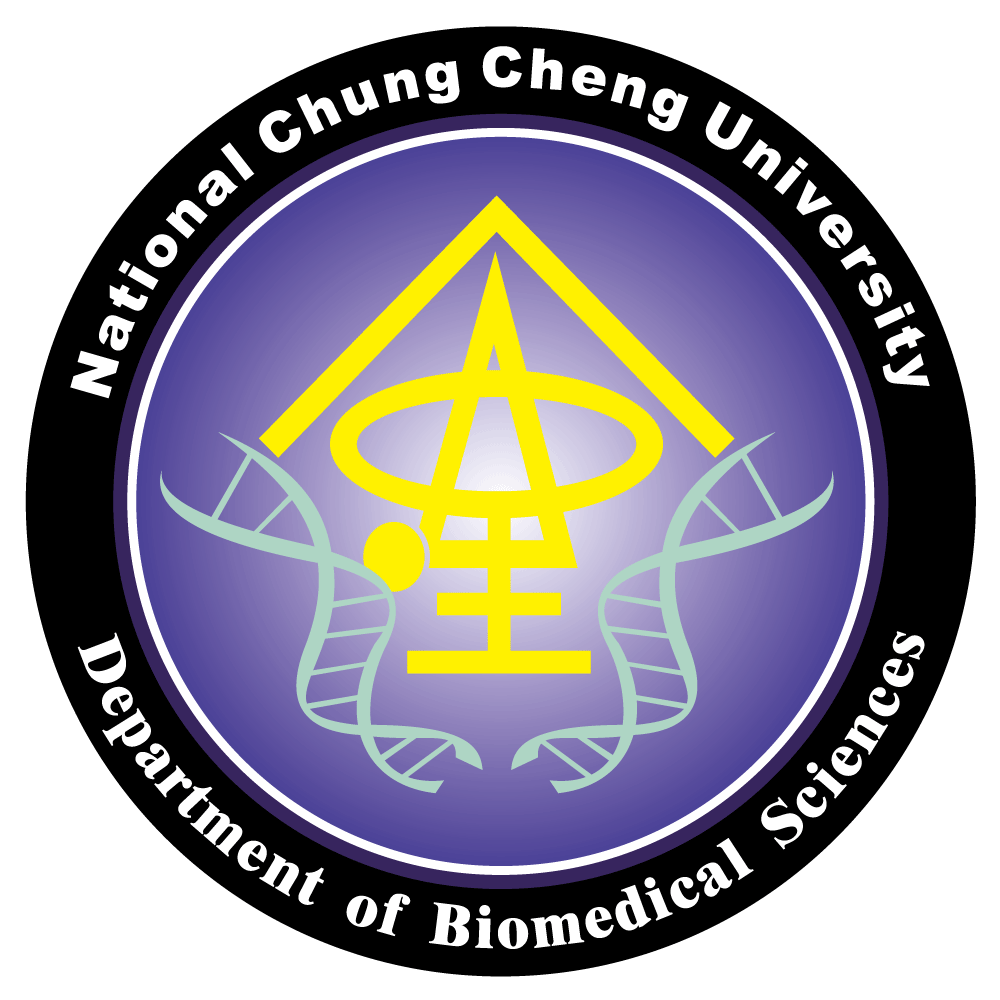

Tel: (05)2720411 ext. Office 66513 Lab 53204
Fax: (05)2722871
Email: biocl@ccu.edu.tw
2022/8-Present Professor, Department of Biomedical Sciences, National Chung-Cheng University, Chia-Yi, Taiwan.
Cancer-specific alternative splicing of key cellular regulators has been suggested to play a pivotal role in development of cancers. Furthermore, it has been shown that ASF, a splicing factor, can function as an proto-oncogene to push a fibroblast becoming tumorigenic in the mouse model. However, this hypothesis has not been demonstrated for transitional cell carcinoma (TCC). The prevalence rate of TCC is exceptionally high in the southwestern region of Taiwan, including Chia-Yi. The studies carried out in our laboratory had identified several splicing factors upregulated in transitional cell carcinoma. Currently, we are examining the molecular mechanism how these splicing factors modulate splice site selection during pre-mRNA splicing.
Our published data has shown that a nuclear localization signal (NLS) is present in the polo box domain of Plk1. This NLS potentially represents a novel transportin-dependent NLS sequence. We are actively investigating the recognition mechanism of this novel NLS by transportin and its importance in the intracellular distribution of Plk1 in a cell-cycle dependent manner.
Ankylosing spondylitis (AS) is a disabling autoimmune disease. The patients suffer from inflammation of joints. Without treatment, the joints, particularly the hip and spinal bone will fuse, greatly restricting the movements of the patients. Specific alleles of human major histocompatibility complex I (HLA), specifically HLA-B2704 in Taiwan, has been associated with predisposition for AS. It has been shown that HLA-B2704 tends to misfold in ER and forms covalently bound homo-dimer, leading to induction of the ER stress response. We are currently initiating preliminary study to investigate the effect of upregulation of HLA-B2704 to cellular vesicular traffic.